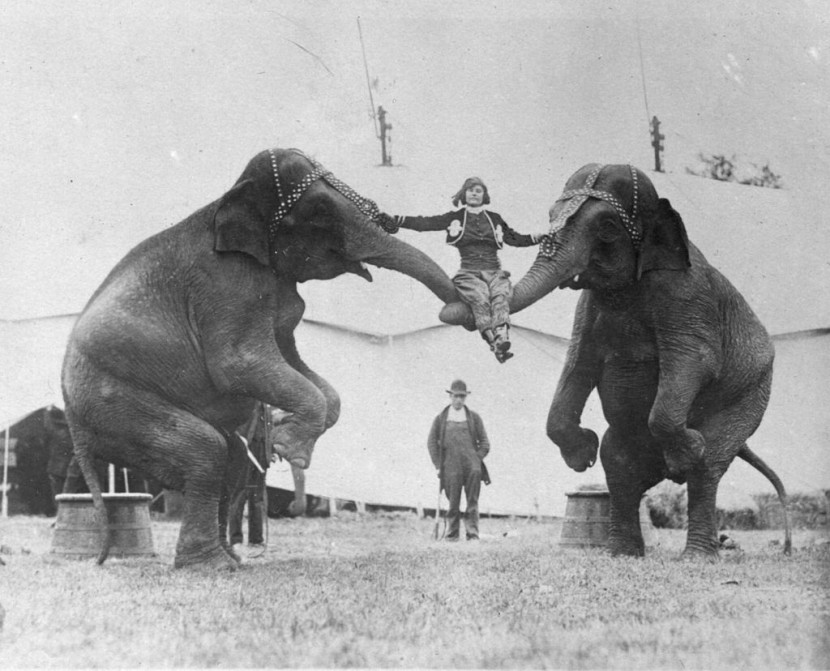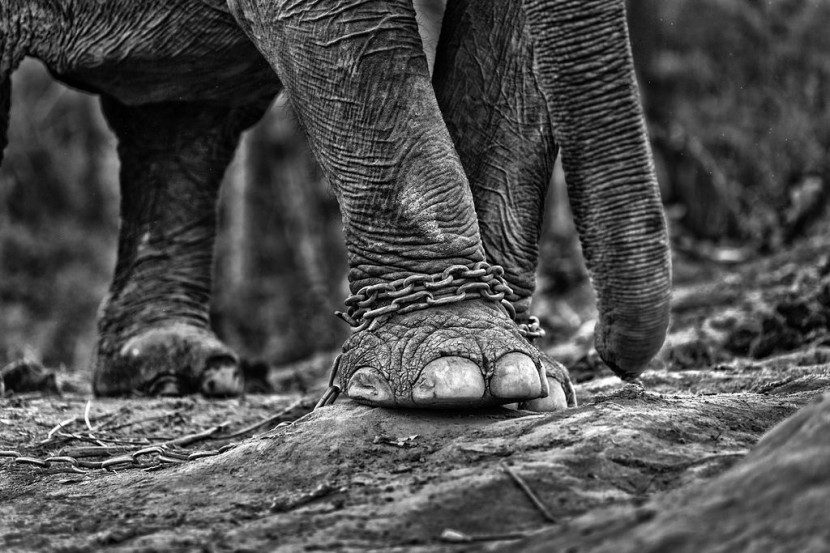Archeologists now hunt the burial site of this 19th-century elephant.

Usually, archeologists focus on excavating prehistoric sites (mainly in the Anglo-Saxon and Roman eras).
This is why looking for a burial site in the 19th century is quite unusual for them.
But there's a reason why they are looking for it. They believe the fabled burial area of the 19th-century elephant named "Nancy" is in south Gloucestershire.
Hunt for 19th-Century Elephant's Burial Site
According to The Guardian's latest report, Nancy is a famous beast that was owned by the traveling menagerie called Bostock & Wombwell.

This menagerie explored the breadth and length of Britain. Nancy attracted many people because of her intelligence.
The famous elephant was known for her ability to do astounding tricks that can certainly entertain viewers back in the 19th century.
The hunt for Nancy's burial site is a part of the South Gloucestershire council's efforts to regenerate Kingswood and surrounding areas.
Because of this, the council decided to fund the mission of the Wessex Archaeology to find the 19th-century mammal.
"During the 19th century, the fascination with the natural world allowed both traveling and static menageries to flourish," said Dr. Steve Ward, a circus historian working with the team.
"Seeing these creatures was seen as educational," he added.
Lorrain Higbee, an animal bone specialist with Wessex Archaeology, said that excavating Nancy's remains and burial site will give them new insights into how menageries took care of their animals.
She explained that the remains of menagerie animals could give them more understanding of how being an entertainer affected the lives of these beasts.
Elephant Trivia
Living as an entertainer is just one of the cool facts about elephants.
To give you more idea about this majestic mammal, Business Insider provided other trivia about the animal:
- Baby elephants are born blind.
- To greet each other, elephants will hug the trunks of one another.
- Elephants are considered to be one of the smartest mammals. They can convey emotions, especially grieving when one of their members dies.
- Elephants' trunks can pick up tiny objects, even a single grain of rice.
- Elephants are one of the animals with self-awareness, as they can recognize themselves in mirrors.
- They may be gigantic, but they are afraid of bees.
If you want to learn more fun facts about elephants, you can click this link.
Related Article : 3000-Year-Old Mummy Found in Rubbish Dump in Peru!
© 2025 HNGN, All rights reserved. Do not reproduce without permission.








